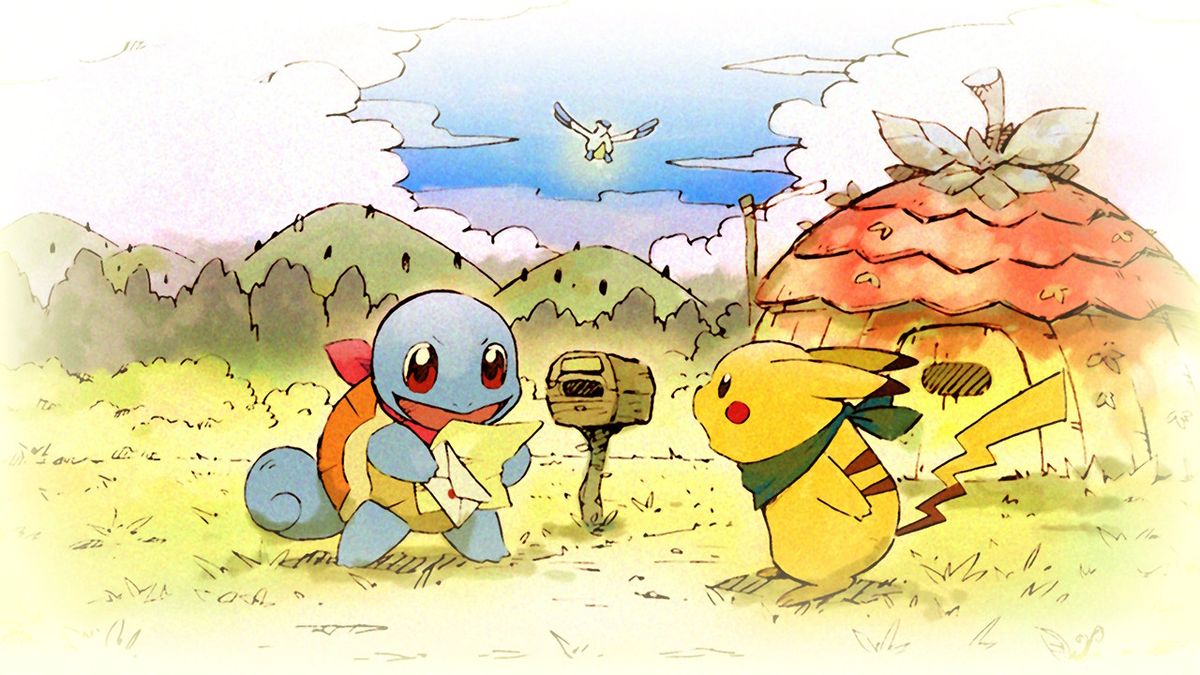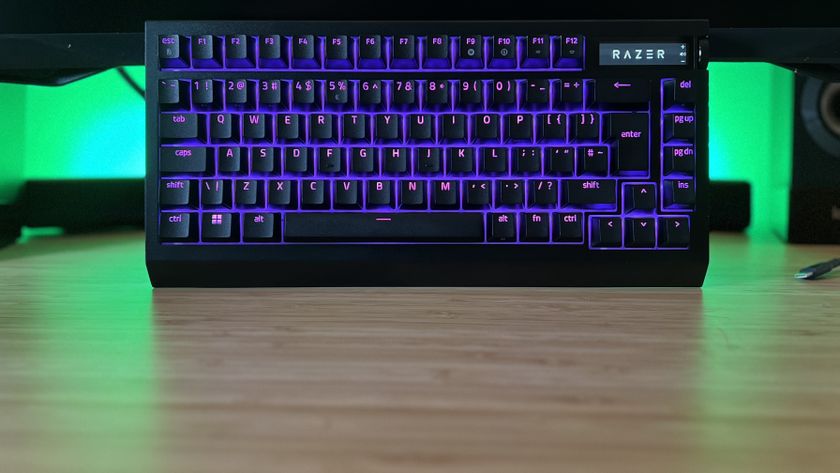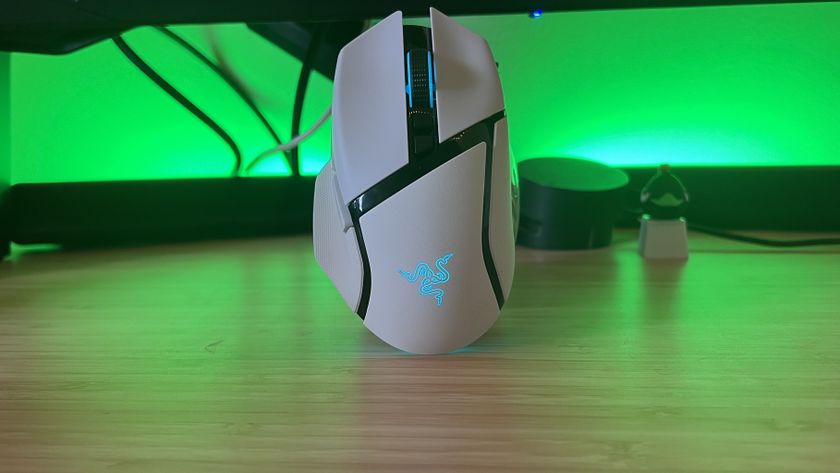12DOVE Verdict
A gorgeous and charming game that unfortunately doesn't improve on enough of the original gameplay aspects to keep fans engrossed.
Pros
- +
Art style is a phenomenal improvement
- +
Writing and Pokemon personalities are excellent
Cons
- -
Dungeons get very repetitive
- -
No enemy health bars
- -
Combat is annoyingly basic
Why you can trust 12DOVE
If you think hard about the concept of Pokemon Mystery Dungeon Rescue Team DX, you realise this game is seriously weird. You play as a human – albeit in a Pokemon's body – who lives in a small village with other Pokemon and seemingly no humans anywhere. As a newborn Pokemon, your goal is to pick a partner and form your very own rescue team, entering randomly generated dungeons to save Pokemon that have got themselves stuck in treacherous locations like Silent Chasm and Frosty Forest.
More recent Pokemon fans reading this may not know that Rescue Team DX is a remake of the original; Red Rescue Team on the GameBoy Advance from 2006. So while this title has a number of improved features and mechanics including additional Pokemon from later generations, the core gameplay is still the same system that wasn't particularly innovative almost 15 years ago.
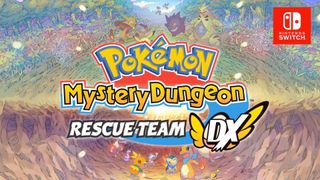
Release Date: March 6, 2020
Platform: Nintendo Switch
Developer/Publisher: Spike Chunsoft/Nintendo
Endlessly repetitive dungeons
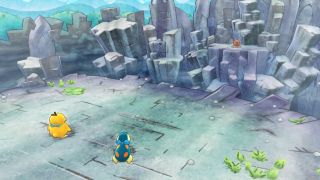
Despite being procedurally generated, each dungeon tends to follow the same format – albeit with different Pokemon to encounter. Narrow corridors lead to open rooms as you hunt for the stairs to take you further into the dungeon, with the odd item or trap here and there. Wild Pokemon wander around, chasing after you if they get a line of sight while you and your band of merry pocket monsters saunter through the repetitive environments.
Everything in Mystery Dungeon DX works on a light turn-based system; when you move, enemies move. Certain items and attacks can enable double or triple speed, which allows for more actions per turn, but the rule of thumb is that each Pokemon can perform one action per turn. Most attacks will only hit enemies when you're next to them, unless the move description says otherwise; Quick Attack for example can reach two tiles away, while Water Pulse can stretch for four.
Familiar combat... but different
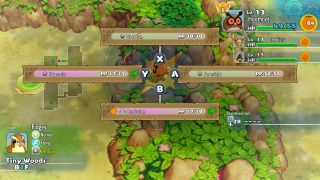
The entire game is all about tactically positioning your Pokemon, switching between your team leaders, and understanding type advantages. If you're venturing inside Magma Cavern with Grass Types like Chikorita, Weedle, and Cacnea, chances are you'll get stomped. Almost every dungeon has a theme which means you'll only run into Pokemon of one or two types, so you can appropriately prepare your rescue squad for that specific mission.
Some aspects from the base games are found here to retain some familiarity. Each Pokemon can learn four different attacks, they level up as you'd expect, and you can buy items to help you on your escapades from a store before each adventure. But, this truly is where the similarities end though. Recruiting more Pokemon to your team doesn't happen by catching them with Poke Balls; instead, there's a chance they will ask to join your party when you defeat them in battle. If you have a Pokemon on the current journey with the Squad Up ability, the chance of this happening is increased, meaning you can dive into dungeons with the sole purpose of recruiting more Pokemon.
Perhaps the most baffling thing that hasn't been added into the remake is enemy Pokemon health bars. While you can see the HP for the three main Pokemon in your team, you have no idea how close the Pokemon you're fighting are to being defeated. It's not too much of an issue against weak Pokemon in dungeons, but when you come up against a boss, it can be an enormous pain not knowing if you're getting close to taking them down or if you barely scratching the surface.
Linking up moves and expanding your team
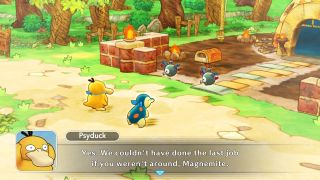
Something unique to the Mystery Dungeon games though is Move Linking. If you speak to Gulpin in the town square, it'll allow you to link moves together. This essentially means that you can use them together in one turn, although it does make your hunger deplete quicker and will exhaust PP from both moves. This is especially useful against tough bosses when you want to deal as much damage as Pokemonly possible, although some move combos are much more effective than just combining everything and hoping for the best. You can delink moves for free too, so don't worry about being stuck with a grouping.
The more Pokemon you recruit, the wider range of moves you'll have access to, since Pokemon has always been about catching (or collecting) 'em all. While any Pokemon who asks can accompany you on the journey you defeat them on, you will need to have the appropriate camp to make them a permanent member of your rescue team. These can be bought from Wigglytuff's camp store in town for varying prices depending on how tough and rare the Pokemon that stay there are. For example, Beau Plains which holds Pokemon such as Hoppip will set you back less than 1,000 coins but in order to get Deepsea Floor which has Kabutops, you'll need to fork out 9,000. Don't have the correct camp when a Pokemon wants to tag along? Unless you have a Wigglytuff Orb to access the store mid-journey and enough cash, you're outta luck.
Helping out the community
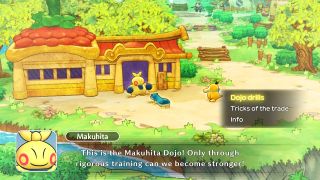
But, collecting aside, most of Pokemon Mystery Dungeon: Rescue Team DX revolves around accepting jobs from the bulletin board outside of the Pelipper Post Office. Out of all the dungeons you've unlocked – more will become available throughout the story – there'll be jobs to accept with different rewards. All of these require you to either reach a fallen Pokemon, find a lost item, or escort another Pokemon to their friend. Got five jobs to do in Thunderwave Cave? Thankfully, you can tackle them all simultaneously as you'll only have one per floor.
At points during the main story, there'll be times you need to grind out surplus jobs before taking on the next mission in order to stay at a high enough level. This is where the game becomes the most repetitive because these are just filler tasks to complete until you can take on the next mission that continues the main adventure. Thanks to the typing of my two starters, there was one boss fight that I seriously struggled with, dying multiple times, simply because I wasn't well prepared enough. I had to rescue my primary team repeatedly before I withdrew the best items from my storage and used them as a crutch to help me win. These bosses are usually legendary Pokemon and appear throughout the game, before being available to take on again – and recruit to your team – in the post-game.
You can also take on the Makuhita Dojo if you have enough tickets, which is just a building with replayable, disposable missions that grant you XP. You have approximately one minute real-time to defeat as many enemies as you can. There's a significant amount of XP to earn here, especially if you stack up the Gold Dojo Tickets, but the decision to make the dojo real-time rather than a certain amount of turns is baffling, because you can get stuck in animation cycles easily or running around chasing enemies. It also gets repetitive very quickly because you're essentially making no progress other than leveling up – you can't recruit any extra team members through the dojo.
But why are you a Pokemon?
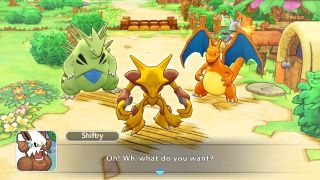
Of course, the game does have a narrative aspect to it, you haven't just turned into a Pokemon for no reason whatsoever because that would be crazy. The gist of things is that you need to save the world as countless seemingly natural disasters happen all around you. Your journey will take you through various environments and you'll meet a wide cast of characters – all Pokemon, of course – who have personalities that reflect just how you'd expect that Pokemon to act if it were real. Mankey is chaotic and boisterous, Xatu is calm and all-knowing, and Gengar is evil and mischievous. There's a surprisingly deep message that persists throughout the narrative, highlighting the importance of friendship. Awh.
Once the story is done and dusted and you see The End on your screen, worry not; that isn't actually your time with the game over. Mystery Dungeon DX has more post-game content than it does in the main story, with more narrative to experience, dungeons to explore, and Pokemon to recruit.
The biggest change in this remake – and perhaps the most important – is the diversion from the classic pixel art style to a hand drawn aesthetic. Everything looks like it's pulled straight out of something like Winnie the Pooh and frankly, this change on its own makes the game so much more endearing. Every single cutscene looks incredible and so stylistic. While the core mechanics may be stuck in 2006, the charm certainly isn't.
Pokemon Mystery Dungeon: Rescue Team DX is a wonderfully crafted remake of a painfully average game. Every new addition here improves the game considerably but there's no denying that the original Mystery Dungeon relied on the Pokemon license to carry its repetitive gameplay. If you played and adored the 2006 release, experiencing this game again will be a heavy blast of nostalgia that will keep you engrossed for some time. Unfortunately aside from that, the game is very much aimed at the younger generations, even more so than the main Pokemon games. Strip away the cute visuals and Pokemon theme, and you'll find a mediocre turn-based strategy game with somewhat shallow mechanics. This is one of those games that isn't great, but you'll remember fondly if you play through it.
Give me a game and I will write every "how to" I possibly can or die trying. When I'm not knee-deep in a game to write guides on, you'll find me hurtling round the track in F1, flinging balls on my phone in Pokemon Go, pretending to know what I'm doing in Football Manager, or clicking on heads in Valorant.
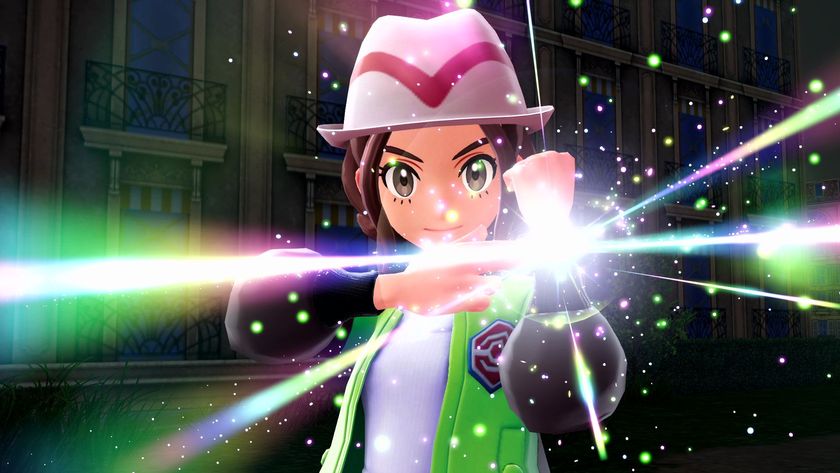
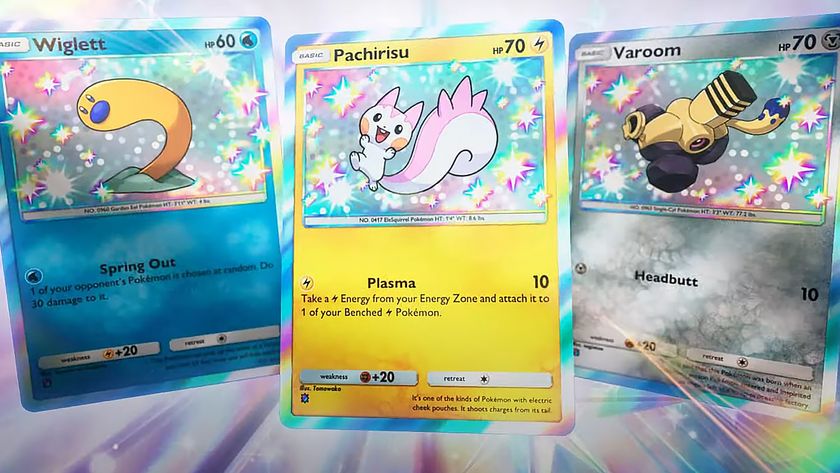
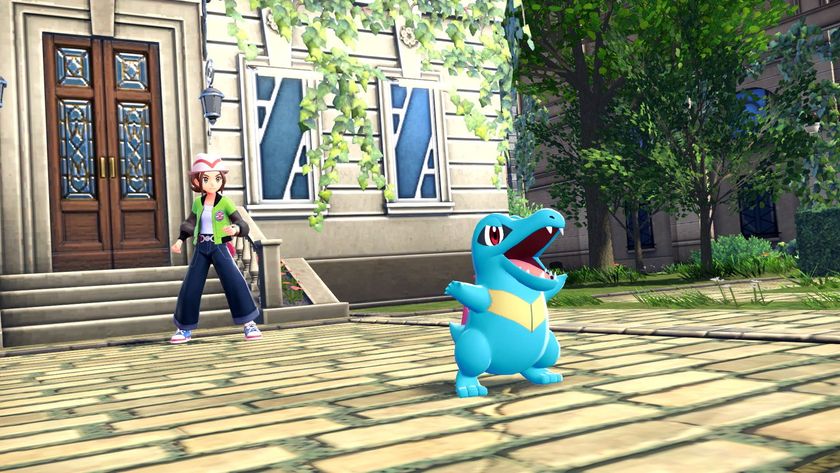
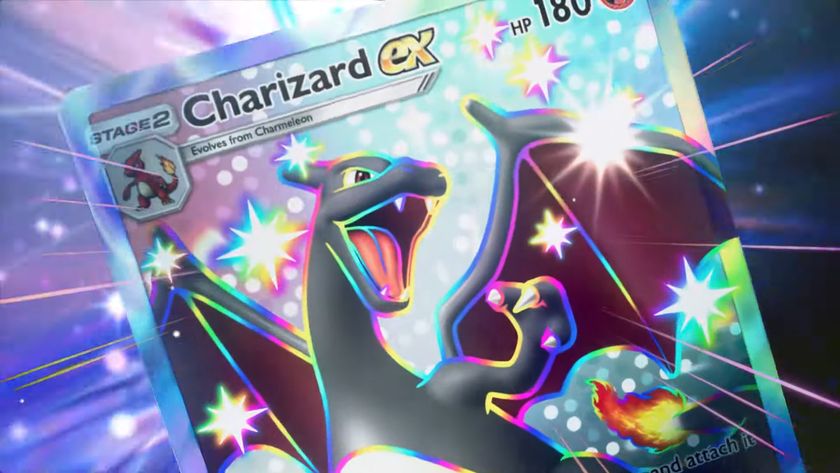
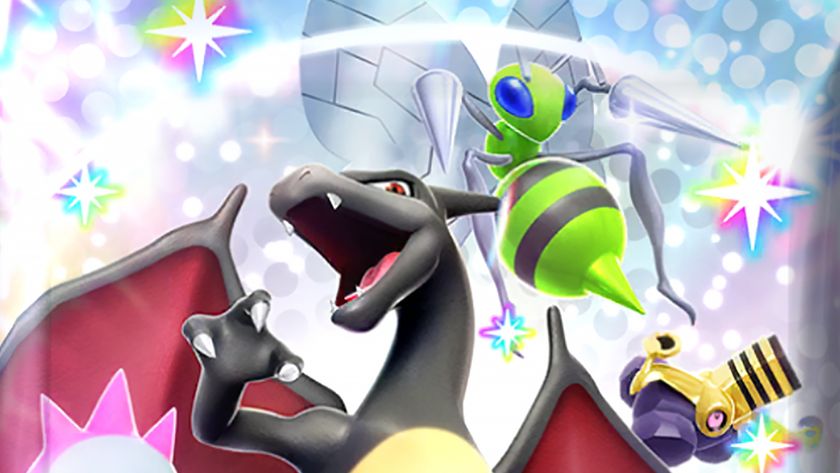
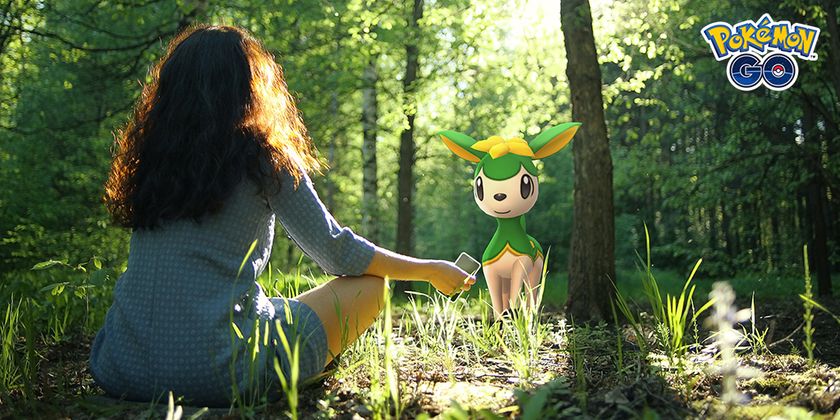






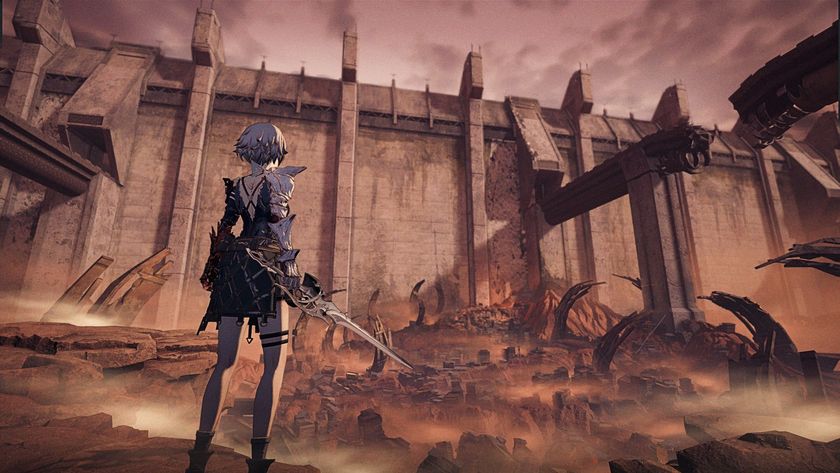
"AI is not as effective as it might appear": Dev of AI-focused Soulslike RPG says they didn't use any AI-generated content and it can't match "genuine creativity"
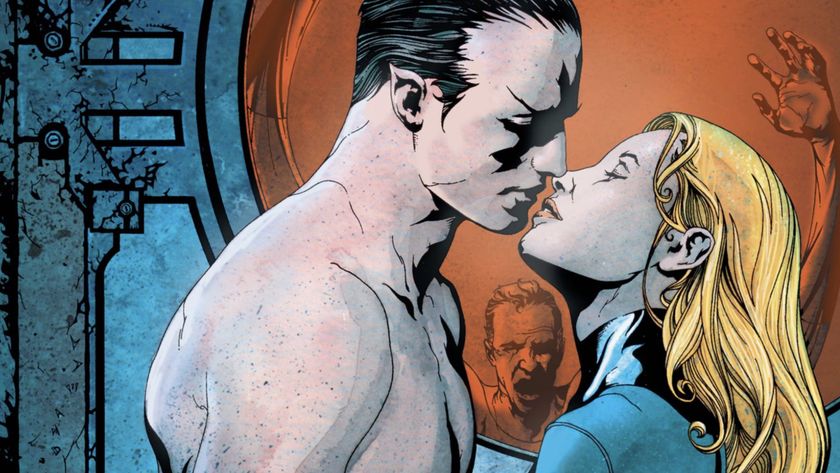
Sue Storm and Namor are officially both in Avengers: Doomsday, and fans are wondering if Reed Richards has something to worry about
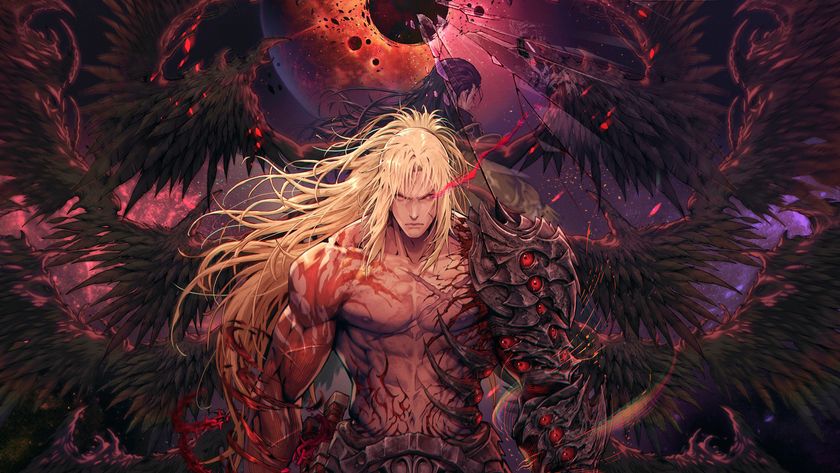
The First Berserker: Khazan isn't even out yet, but the new Soulslike RPG already has over 1,300 94% positive reviews on Steam from early buyers
